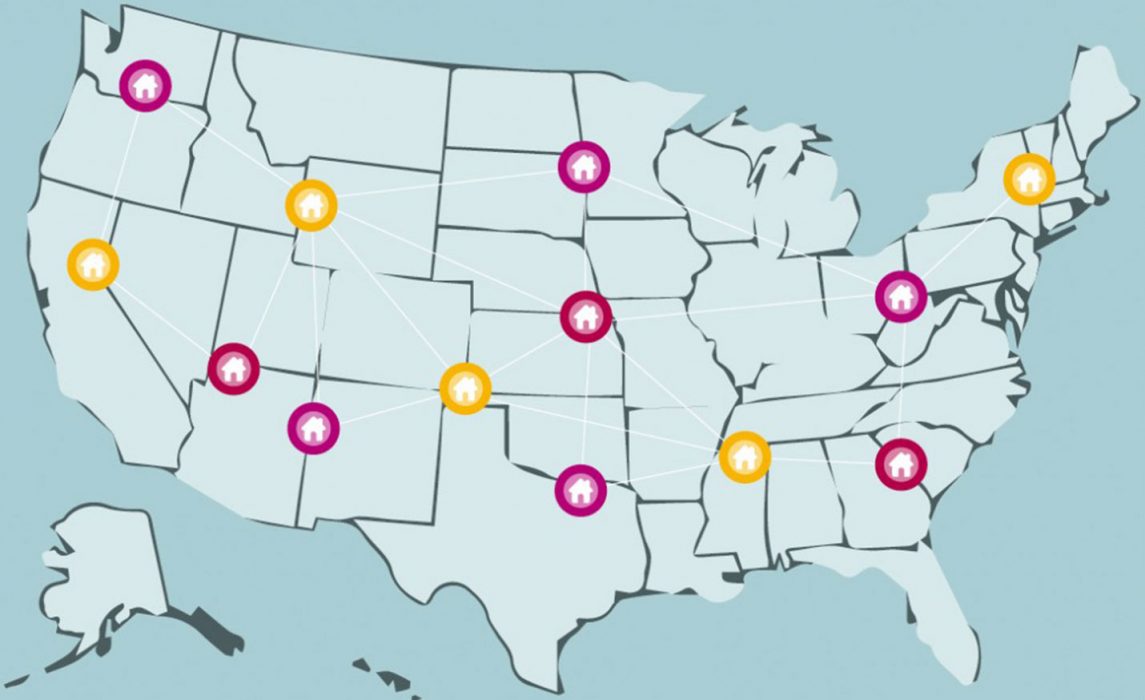I’m just about to travel to Austin for the Real Estate Standards Organization (RESO) fall meeting. Some of the sessions I’m most interested in are the workgroup and general sessions on Universal Property ID. I’ve been advocating for a long time for Universal Property IDs, but I think it’s more important now than ever given the emergence of initiatives like Upstream.
Most of my readers likely are familiar with Upstream but, in the event you’re not, you can find excellent background information from this article by Craig Cheatham posted on Inman and this post by Victor Lund of the WAV Group (PDF linked in article). From Craig’s post on Inman:
The purpose of Upstream is to provide brokers with an efficient tool for managing their data, assisting them in working with their MLS(s), their vendors and their internal applications.
This concept — providing a central source to help brokers manage their data — is powerful and has a lot of people excited about the possibilities. As an MLS vendor, we at FBS are excited, too, to work with the Upstream APIs as they become available and we already have some ideas about how we can help our customers wanting to use Upstream by connecting the Upstream APIs with our Spark API and Flexmls systems.
As we think about working with Upstream and the main goal of connecting disparate systems used by brokers, the need for a Universal Property ID seems central (pun intended). Universal Property IDs would be like hyperlinks on the web, which is the glue that allows different sites to connect with each other. With a Universal Property ID, connecting the same property across disparate systems and databases is not only possible but relatively easy. Without a Universal Property ID, connecting the disparate systems is fraught with error.
Currently, the UPID RESO workgroup (this link requires you to be a member of RESO, so join up!) is working on a framework for creating and finding UPIDs. Central to the framework is the reality that there are many sources of property data and that each brings with it a different level of accuracy and confidence. Because there are so many different property data sources today, an industry-wide and cooperative effort like RESO is critical to defining and promoting adoption of the framework.
Today, the reality is that no 100% complete and accurate “national property database” exists, even though many companies talk about having a goal for such a database. This isn’t a criticism of what’s available today, just a recognition of the reality that none of the so-called national property databases are 100% complete or accurate. For example, Zillow and RPR both have large property databases but both entities recognize how important MLS data is to continually improving their data. Similarly, local county and other governmental entities also are constantly creating new and improved property data as well and we know that mortgage companies, title companies, and many, many others have valuable contributions as well.
Imagine for a minute if all of these entities worked together to create a Universal Property ID framework so that the framework would constantly learn and improve itself. That type of cooperation is very powerful and has the potential to create win-win scenarios for everyone, instead of just being satisfied with zero-sum games.
Importantly, cooperating on such a framework does not require anyone to give up their proprietary databases. Upstream and RPR can continue to build their repository, as can MLSs, Zillow, Corelogic, and many others. The beauty is that, despite competing with their proprietary data repositories, Universal Property IDs provide a common way to connect the data when desired and authorized. Each competitor will continue to assert their unique advantages for their customers, resulting in no one repository becoming a 100% complete and accurate source of property data, but the UPID framework provides the potential to link all the data together.
As the web itself proved long ago, the creation of data by humanity far outstrips our ability to centralize it and so the best we can do is figure out how to link it together. This is a great goal for the RESO UPID work group and so that’s why I’m most excited about those sessions at the RESO fall meetings this week.

 Michael Wurzer
Michael Wurzer